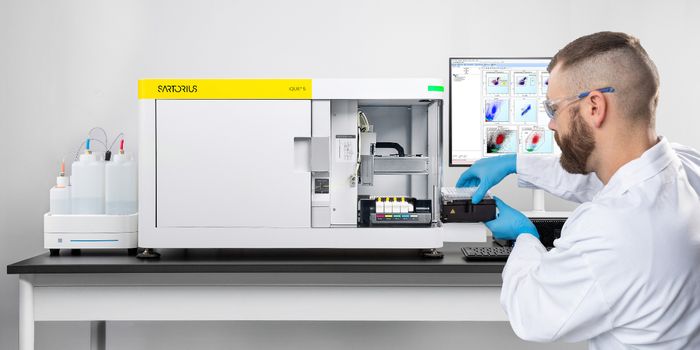Blood test to predict prostate cancer
A study published recently in the Journal of Urology details the results from a new type of blood test that is capable of diagnosing prostate cancer. The introduction of a blood diagnostic tool would greatly reduce the use of more invasive diagnostic treatments such as biopsies.
The way that prostate cancer is currently diagnosed involves checking prostate specific antigen (PSA) levels, a protein produced by the prostate which are known to rise in the blood in the presence of inflammation, noncancerous enlargement of the gland cancer, or cancer. However, because high PSA levels don’t confirm cancer, a biopsy of the prostate must then be taken, which is, as you can imagine, quite invasive. Biopsies are also risky, as there is a high chance of bleeding and infection, and many biopsies come back negative for cancer and are therefore unnecessary.
As the researchers explain, the new blood test could improve the standard of care now in place by providing an alternative to biopsies, which are currently used to confirm the presence of prostate cancer. In conducting the investigation, the blood test was administered in 98 males who had not yet had a biopsy and 155 others who had just received a diagnosis of prostate cancer but still hadn’t received treatment. The team figured out that by looking at the level of circulating tumor cells in the blood, they could determine the presence and aggressiveness of the cancer.
The researchers report that the blood test that combines PSA levels with the presence of circulating tumor cells to is able to show aggressive prostate cancer with over 90% accuracy. The team was led by senior author Dr. Yong-Jie Lu, a professor of molecular oncology at the Barts Cancer Institute of Queen Mary University of London in the United Kingdom.
"This could lead to a paradigm shift in the way we diagnose prostate cancer," commented Dr. Yong-Jie Lu. "Testing for circulating tumor cells is efficient, noninvasive, and potentially accurate, and we've now demonstrated its potential to improve the current standard of care."
Sources: Journal of Urology, Medical News Today









